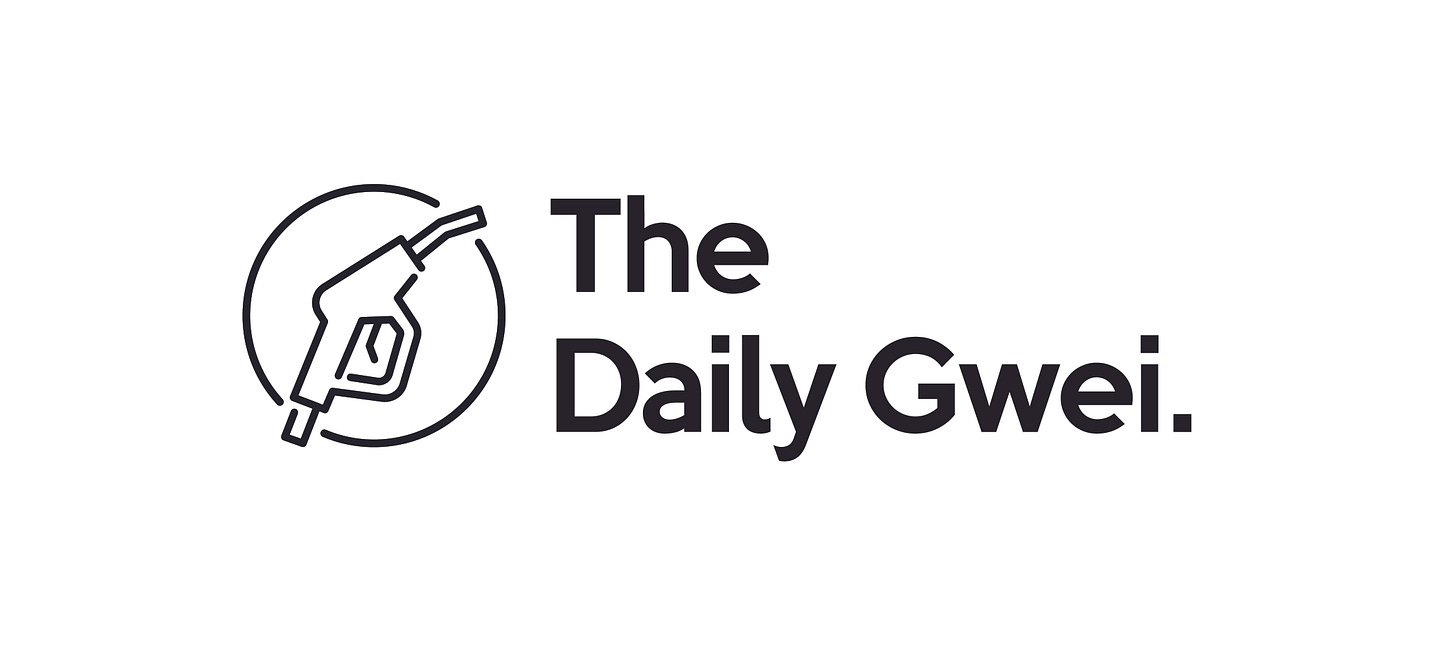Ethereum staking - it went live on December 1st 2020 with the launch of the Beacon Chain and has managed to attract over 10 million ETH and over 300,000 validators. Even though by all counts the Beacon Chain has been a massive success, it’s still very difficult for the every-day person to stake their ETH in a decentralized way. This has given rise to centralized staking providers like exchanges who are responsible for a large amount of the ETH that is staked - which is obviously not ideal.

As an ecosystem we need to make it absolutely dead simple for people to stake on their own whether they have 32 ETH or less. Of course, there are already numerous easy-to-use staking service providers like Lido as well as plenty of centralized exchanges that will let people stake their ETH, but these aren’t exactly ideal given their centralized nature and additional risks. Though we do also have Rocket Pool which is a decentralized staking service to fill that hole - though Rocket Pool isn’t dead simple to use just yet (and neither is something like Lido on that note).
So what does “dead simple to use” actually mean? Well, the centralized exchanges have already done it - users simply just click a button to stake their ETH - that’s it. There’s no need for them to mess around with any software or worry about a staked ETH derivative - they just click and go. Now, don’t get me wrong, I don’t think these services are bad or anything, but because exchanges have made staking so easy they now command a large percentage of the validators - Coinbase controls ~15% of total Beacon Chain validators with Kraken controlling ~10% and Binance controlling ~7% for a total of 32% just between these 3 CEXs.
I think that naturally as more staking services come online and more centralized exchanges offer ETH staking tools, the share of validators that any one centralized service has will probably fall to <10% and then gradually to <5%. I mean, we’ve really only just begun to see how big of an industry ETH staking is going to be and I expect plenty more players to join the fray - especially those from traditional finance. This is because the big TradFi firms will be able to package up ETH staking products and sell them to their customers while taking a nice chunky fee for themselves - and their customers won’t even bat an eye over it.
All in all, I don’t think that centralization of stake is an existential threat for Ethereum (as I’ve written about before), but it’s obviously not ideal for a number of reasons. The best way to ensure that ETH stake is both distributed and decentralized is to make it as easy as possible for that reality to happen - and also support the teams working on the tools to do this. Because after all, Ethereum was made for everyone - not just the geeks.
Have a great weekend everyone,
Anthony Sassano
Enjoyed today’s piece? I send out a fresh one every week day - be sure to subscribe to receive it in your inbox!
Join the Daily Gwei Ecosystem
All information presented above is for educational purposes only and should not be taken as investment advice.



